Daniel Müller-Schott
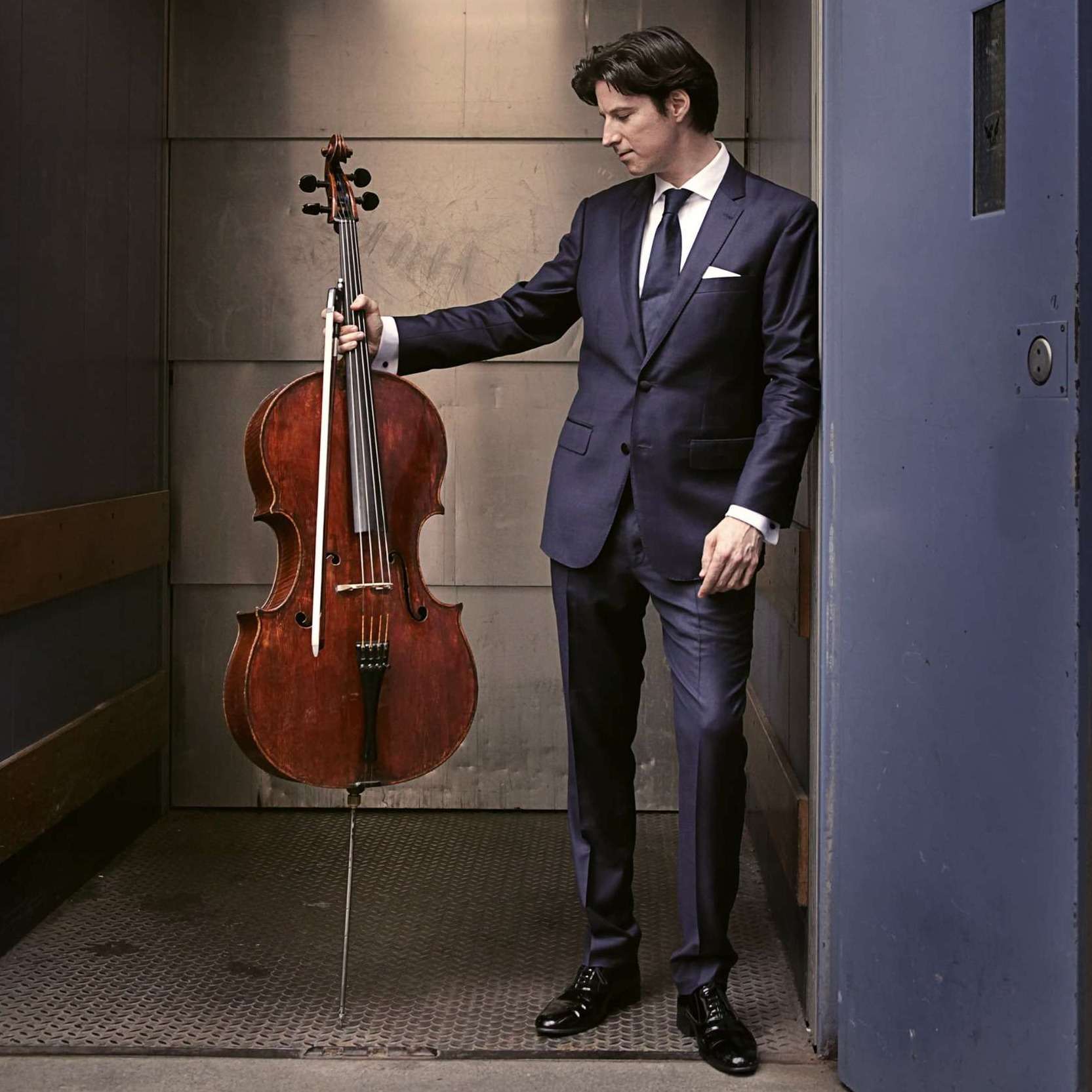
Highlights of the 2025/26 season include Elgar’s Cello Concerto with the London Symphony Orchestra under Antonio Pappano and the chamber music evening at New York’s Carnegie Hall together with "Maxim Vengerov and Friends"; with the Indianapolis Symphony Orchestra/Jun Märkl, with the San Francisco Symphony Orchestra/Daniele Rustioni and as part of the Kissinger Sommer with the Czech Philharmonic/Dalia Stasevska.
Biography
German cellist Daniel Müller-Schott is recognized as one of the leading instrumentalists of his generation, performing on the world’s foremost stages with major orchestras and conductors. Described by The New York Times for his “intensive expressiveness” and “fearless technique,” he is celebrated for his artistry that bridges music, literature, and the visual arts.
Highlights of the 2025/26 season include performances of Elgar’s Cello Concerto with the London Symphony Orchestra under Antonio Pappano, and chamber music at New York’s Carnegie Hall with “Maxim Vengerov and Friends”. He also appears with the San Francisco Symphony (Daniele Rustioni), Indianapolis Symphony (Jun Märkl), and the Czech Philharmonic at the Kissinger Sommer Festival (Dalia Stasevska). A major tour takes him to Asia, Australia and New Zealand, featuring concerts with the Sydney, Auckland, Tasmanian and Adelaide Symphony Orchestras, and collaborations with the NSO Taiwan and violinist Paul Huang. He also tours Asia with the WDR Symphony Orchestra under Andris Poga, following opening performances in Cologne and Bielefeld. In 2026, the Vevey Spring Classic Festival, which he co-founded with Wilson Hermanto, celebrates its fifth edition.
Müller-Schott has appeared with many of the world’s foremost orchestras, including the Berliner Philharmoniker, Leipzig Gewandhausorchester, Munich Philharmonic, Bavarian State Orchestra, Orchestre National de France, Tonhalle-Orchester Zürich, Oslo Philharmonic, London Symphony and Philharmonic Orchestras, the Royal Philharmonic, as well as major ensembles across North America, Asia, and Australia. He collaborates with conductors such as Christoph Eschenbach, Andris Nelsons, Gianandrea Noseda, Vasily Petrenko, Krzysztof Urbański, and Marin Alsop, among many others.
His wide-ranging repertoire spans from the Baroque to contemporary works, with several composers—including George Alexander Albrecht, Sir André Previn, and Peter Ruzicka—dedicating concertos to him. A passionate chamber musician, he regularly performs with artists such as Anne-Sophie Mutter, Julia Fischer, Renaud Capuçon, Janine Jansen, and the Modigliani and Ebène Quartets.
Over the past three decades, Müller-Schott has released more than thirty acclaimed recordings for Deutsche Grammophon, Warner, Pentatone, and Orfeo, earning distinctions such as the Diapason d’Or, Gramophone Editor’s Choice, BBC Music Magazine’s “CD of the Month” and the International Classical Music Award (ICMA). His upcoming release on Orfeo will feature works by Boccherini, Geminiani, Vivaldi, and Bach.
A student of Walter Nothas, Heinrich Schiff, and Steven Isserlis, he also received guidance from Anne-Sophie Mutter and Mstislav Rostropovich. Winner of the 1992 International Tchaikovsky Competition for Young Musicians in Moscow.
Daniel Müller-Schott plays the “Ex Shapiro” Matteo Goffriller cello (Venice, 1727).
Video gallery
Tchaikovsky, Cello Concerto No. 1, Op. 107
Orchestre de Chambre de Genève - conductor, Pierre Bleuse
Dvorak, Cello Concerto Opus 104
Danish National Symphony Orchestra - conductor, Dmitrij Kitajenko
Elgar, Cello Concerto
Rotterdam Philharmonic Orchestra - conductor, Sir Mark Elder
Interview - Kissinger Sommer Festival
Rococo, sorcerers and puppets: Daniel Müller-Schott and the Sydney Symphony
Müller-Schott presented this delightful composition with facile fingers, a beaming smile and great musicianship.
#Cellounlimited (Daniel Müller-Schott)
Daniel Müller-Schott ends this formidable unaccompanied recital with Pablo Casals’s Song of the Birds, played with the intense focus, the sense of line and the gleaming purity of tone that characterises the whole disc. And yet there’s an elegiac quality about its final, superbly controlled fade into silence; something that sets the seal on the air of melancholy that pervades the second half of a fascinating programme.
Photo gallery
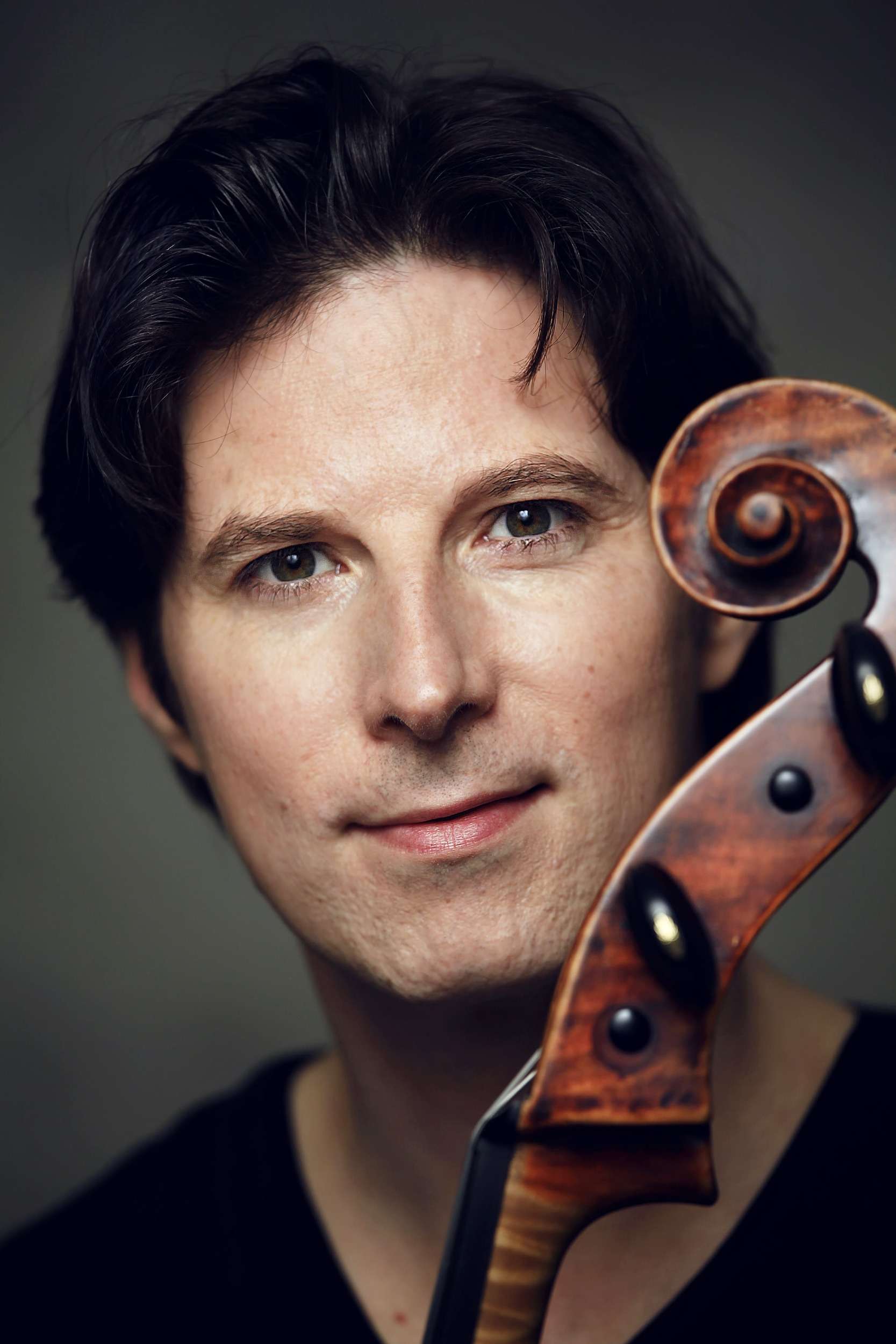 @Uwe Arens
@Uwe Arens
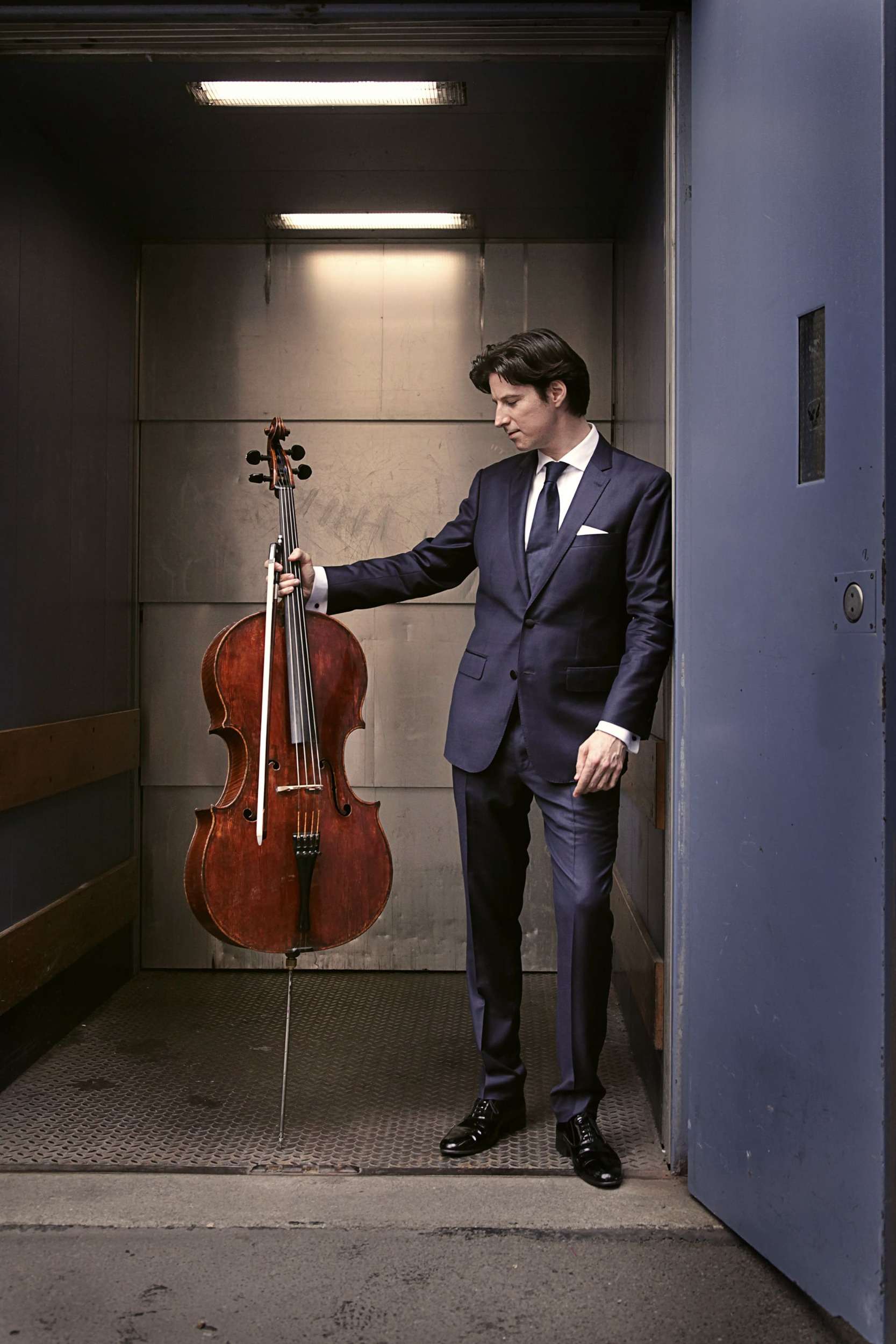 @Uwe Arens
@Uwe Arens
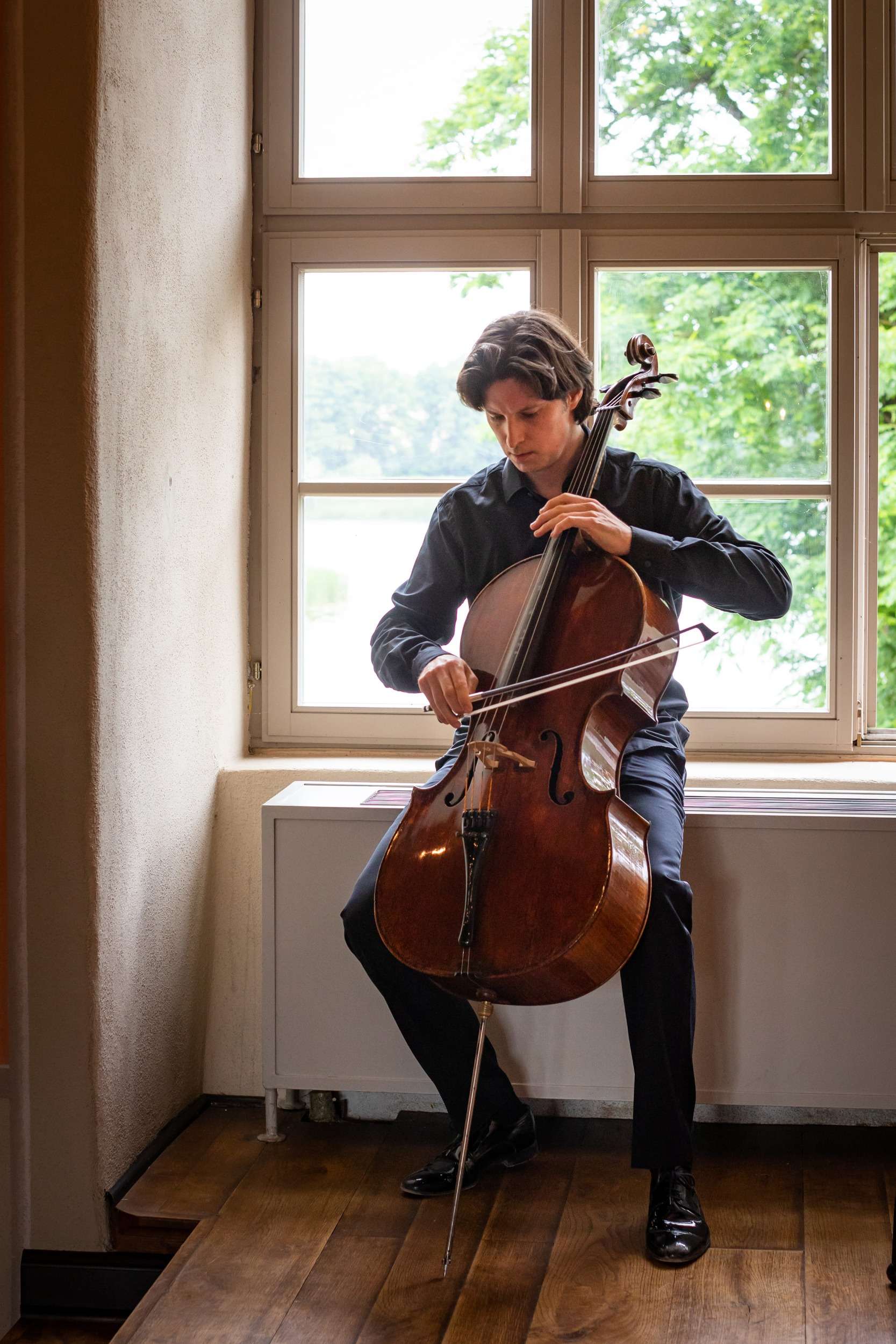 @Uwe Arens/Oliver Borchert
@Uwe Arens/Oliver Borchert
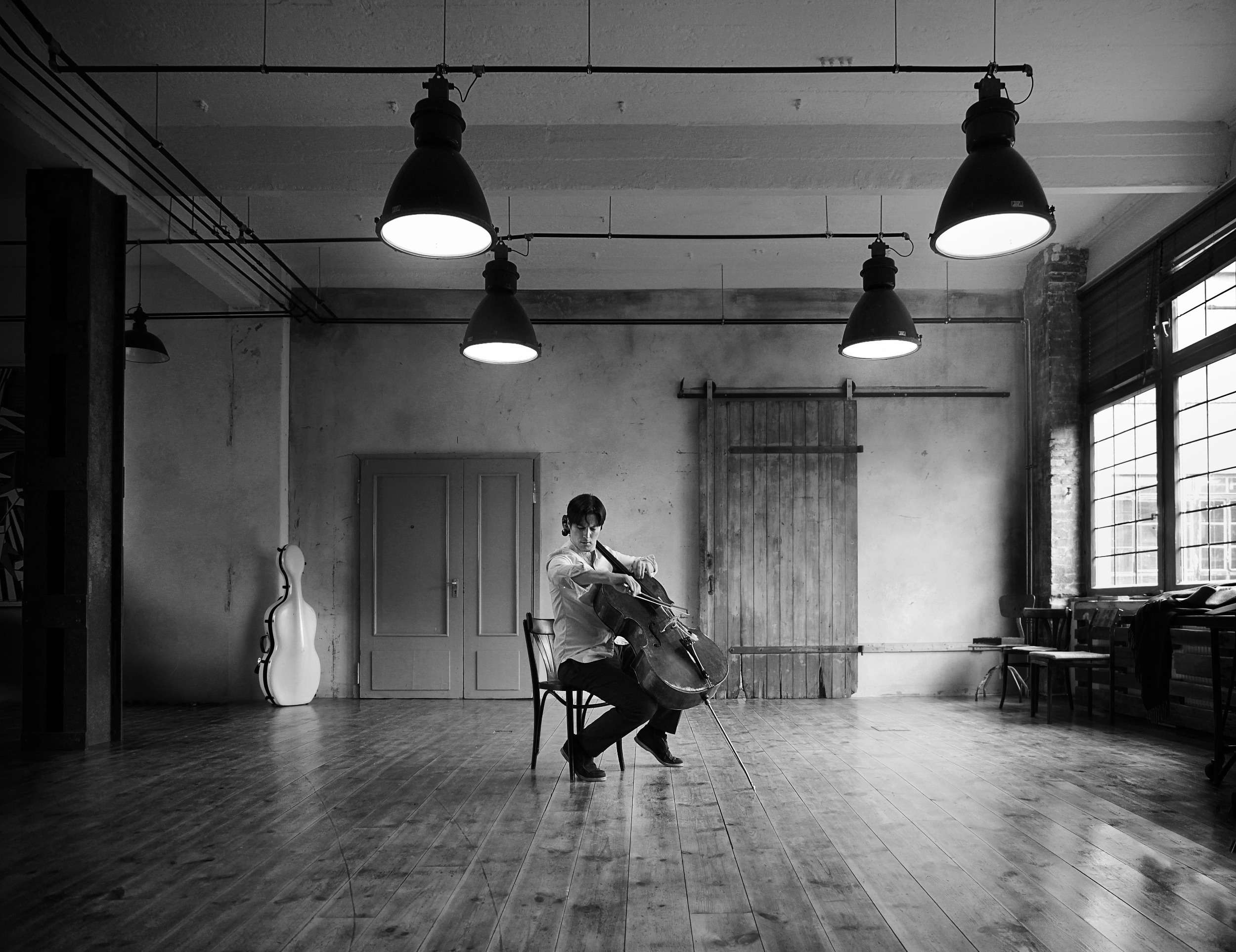 @Uwe Arens
@Uwe Arens
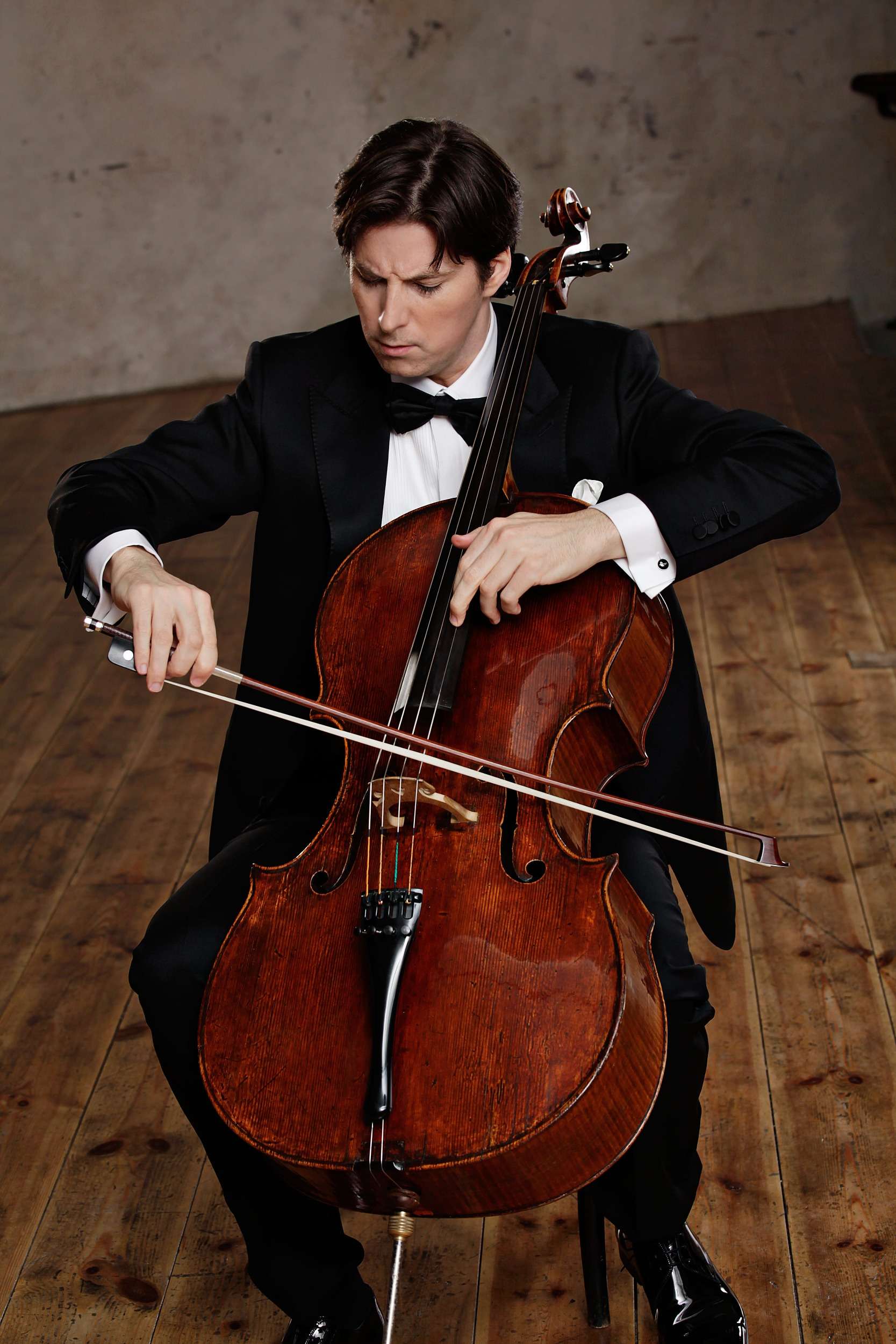 @Uwe Arens
@Uwe Arens
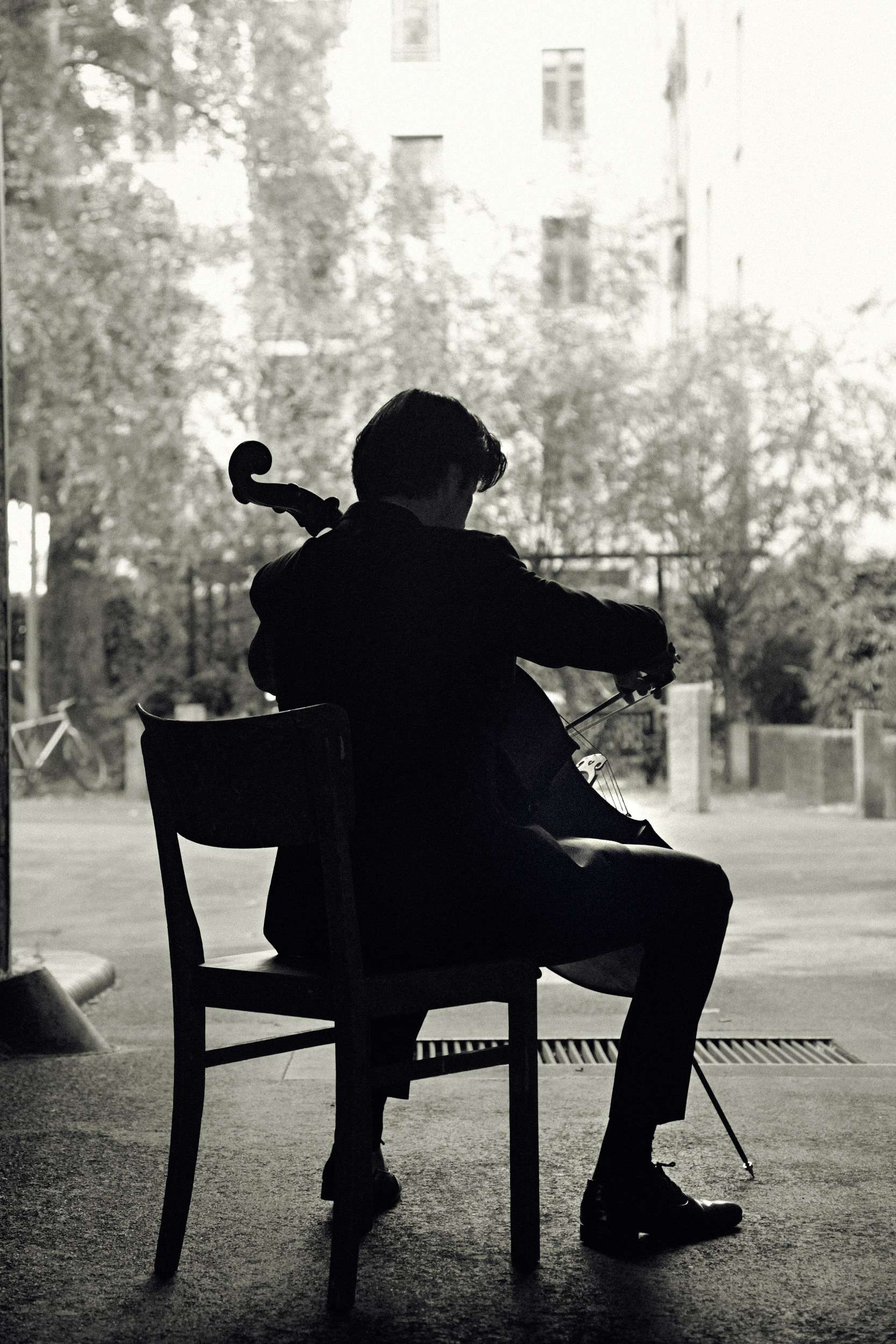 @Uwe Arens
@Uwe Arens
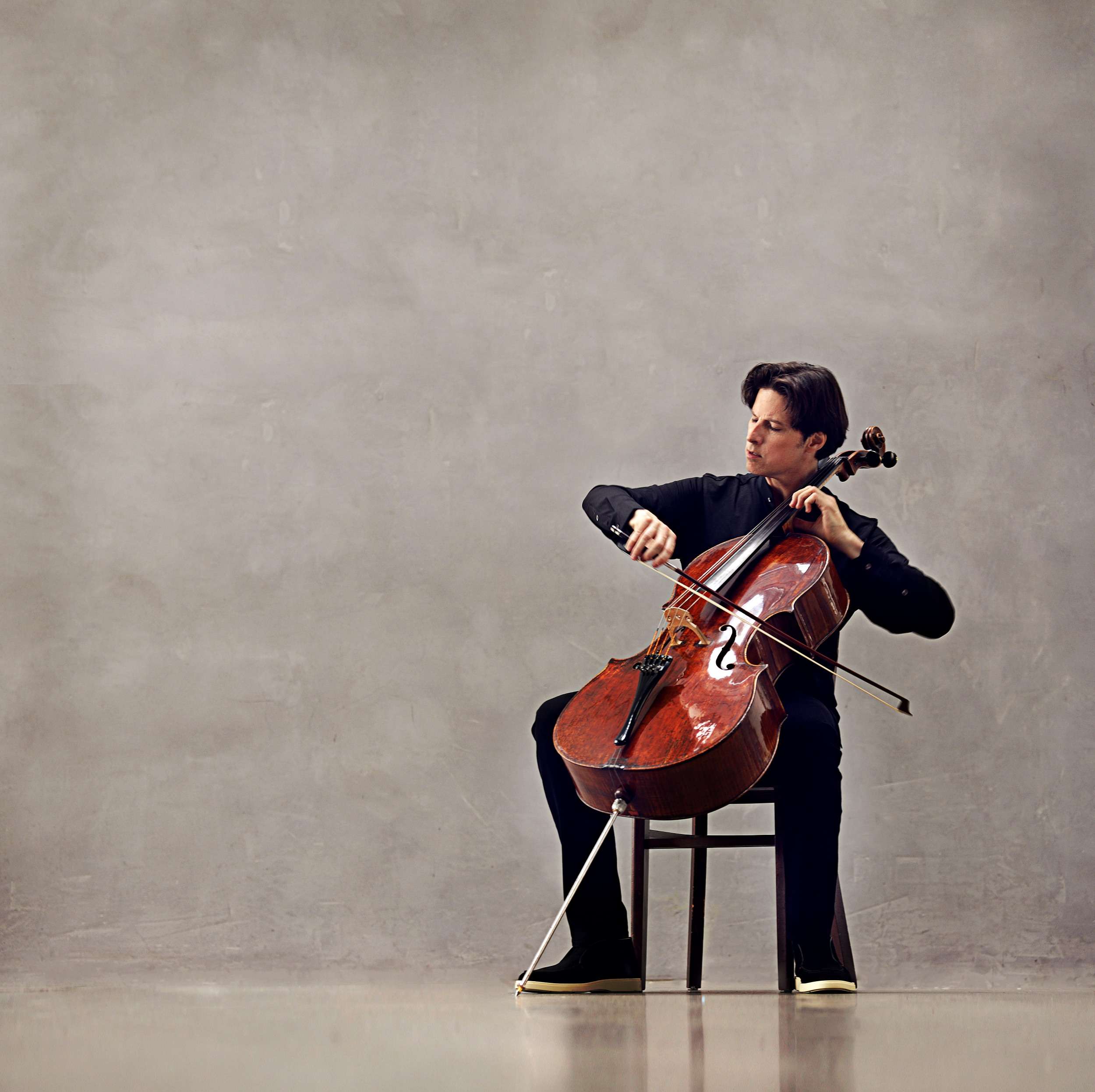 @Uwe Arens
@Uwe Arens
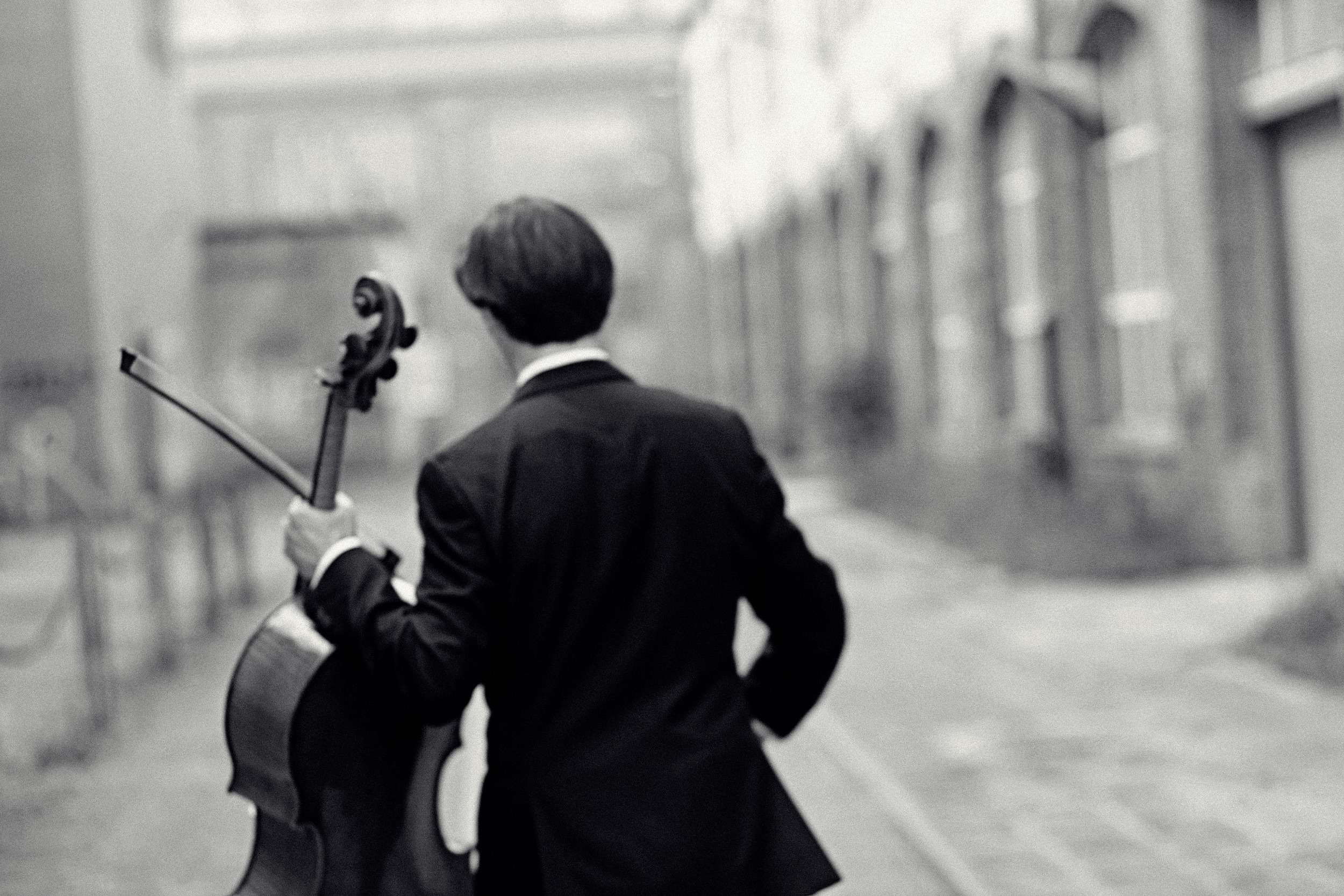 @Uwe Arens
@Uwe Arens
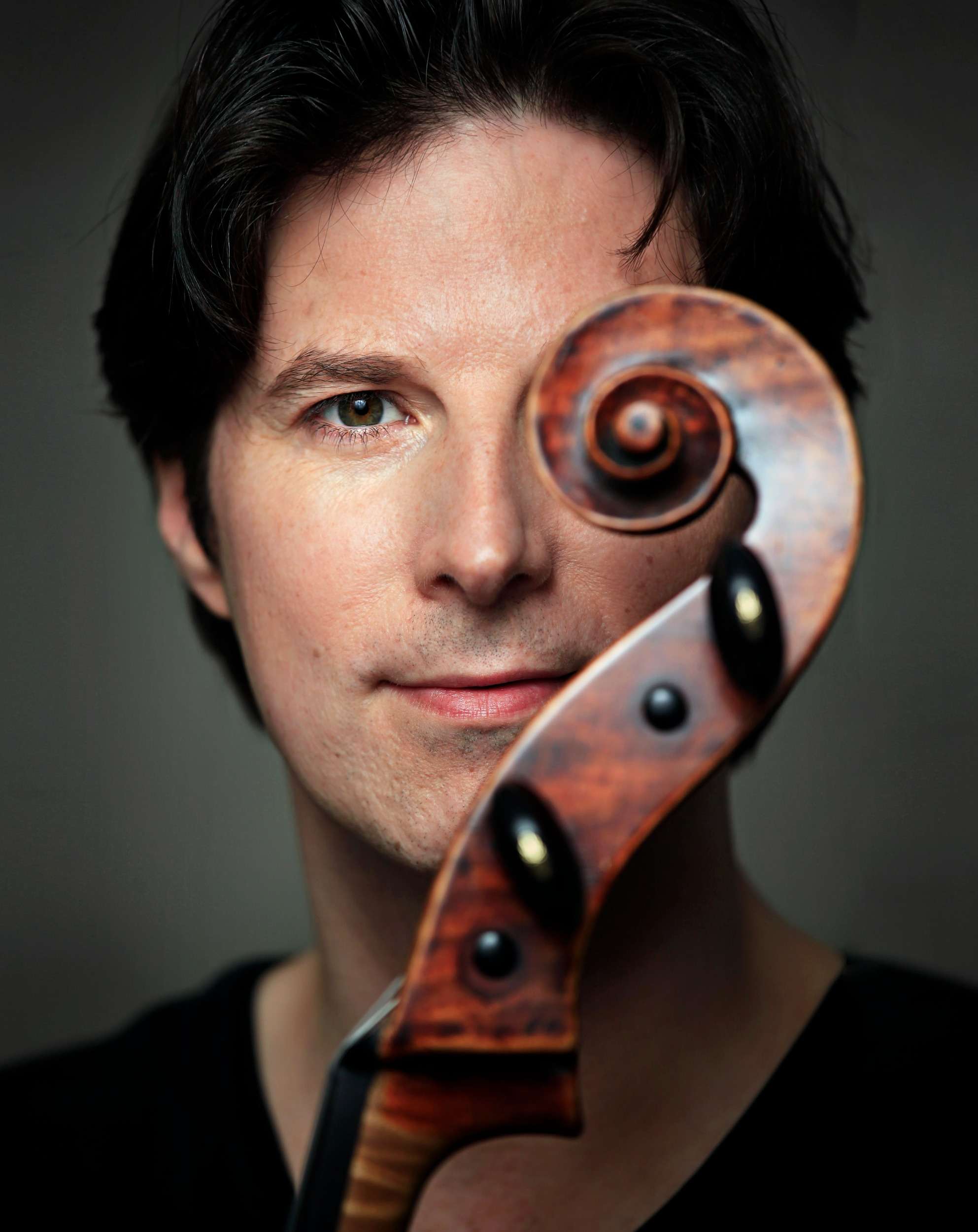 @Uwe Arens
@Uwe Arens
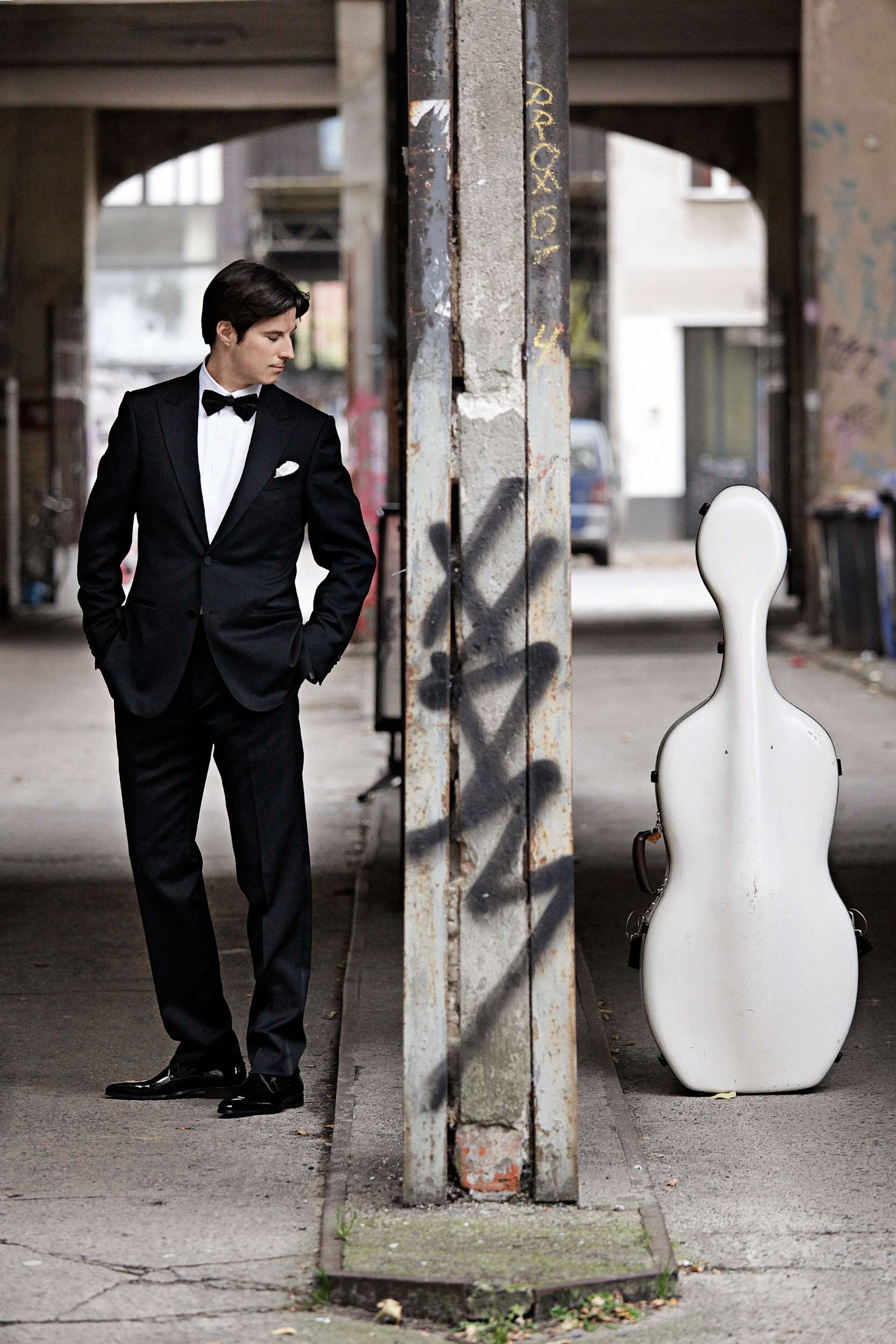 @Uwe Arens
@Uwe Arens
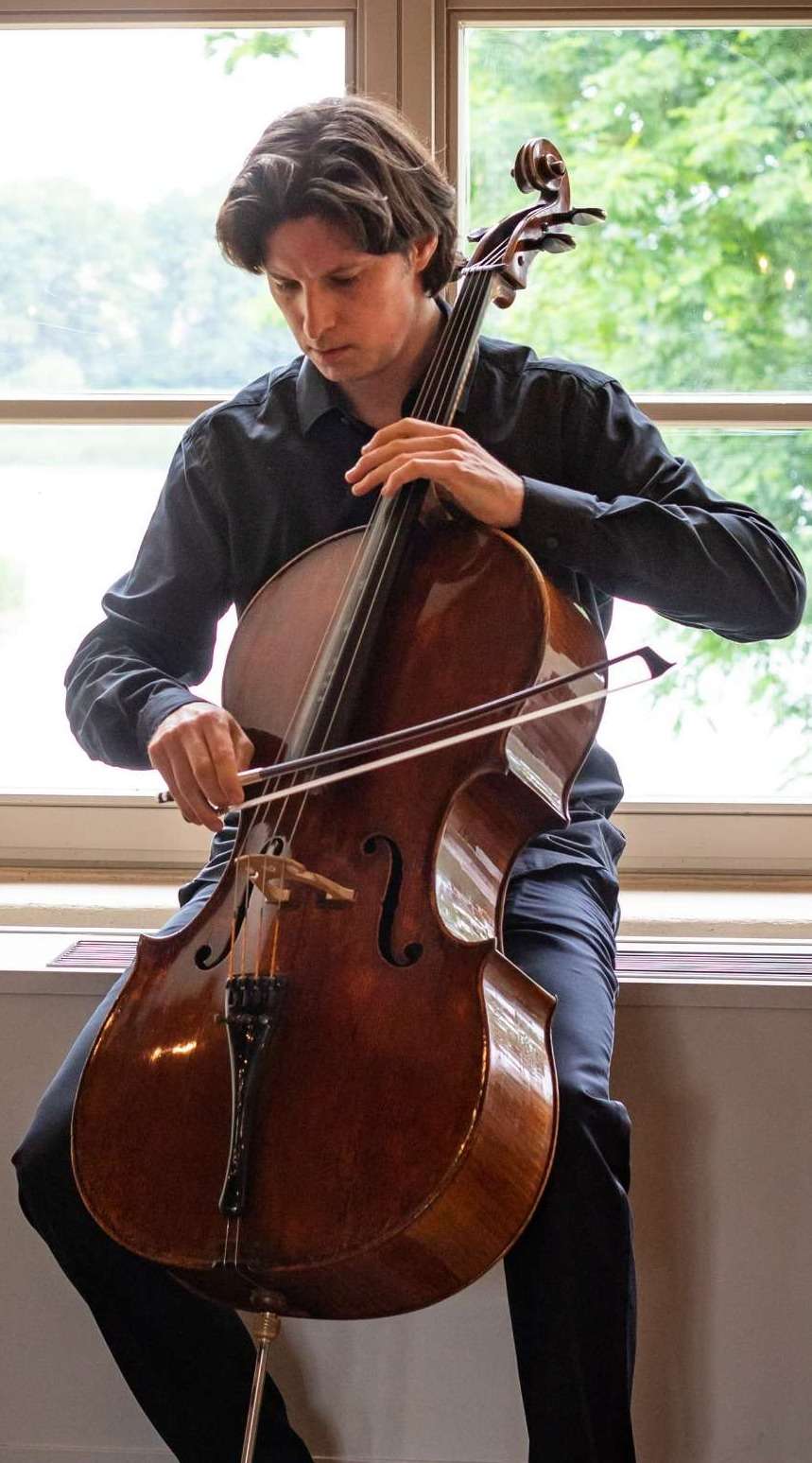 @Uwe Arens/Oliver Borchert
@Uwe Arens/Oliver Borchert
Representation